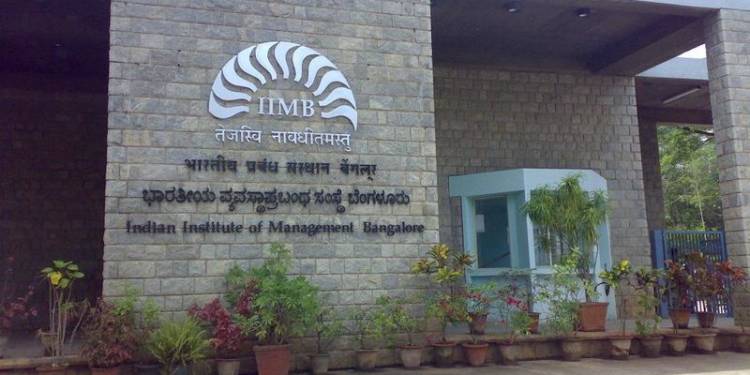IIMs, the premiere management institutions of the country, which were granted autonomy under the IIM Act, 2017, have sought exemption from implementation of reservation quota in faculty appointments. In a letter to HRD ministry, the IIMs requested exemption from quota as the “Institutions of Excellence” mentioned in Central Educational Institutions (Reservation in Teachers’ Cadre) Act 2019.
The central government’s quota norms do not apply to “the institutions of excellence, research institutions, institutions of national and strategic importance”, and the minority institutions.
So far, the institutes of excellence which are exempted from the quota are Tata Institute of Fundamental Research, Homi Bhabha National Institute, Mumbai, National Brain Research Centre, North-Eastern Indira Gandhi Regional Institute of Health and Medical Science, Jawaharlal Nehru Centre for Advanced Scientific Research, Physical Research Laboratory and Space Physics Laboratory, Indian Institute of Remote Sensing.
The quota norms also do not apply to minority institutes, whether public or private, and therefore, the institutions like Jamia Milia Islamia, St. Stephen’s, and AMU are exempted. These institutes receive thousands of crore rupees from the union government, but do not implement central government norms for SC/ST, OBC, and EWS quota.
IIMs have argued that they are competing with global management institutions, and therefore, they should be exempted from the reservation norms. “The institutes have argued that their recruitment process is fair and that they are trying to employ candidates from disadvantaged sections through the same process. But reservation may not be the way to go since they are competing globally,” said an official.
The IIMs are the finest management institutes in the country, but they do not appear in the top 100 in world universities rankings which means a lot needs to be done. The institutes have a lot of government interference which often becomes a hindrance in corporate funding of projects. The institutes need to be independent for greater industry-academia cooperation, necessary requisite for any management institute. The government norms, which are focused on affirmative action and more concerned about equity than excellence, become major hindrance in the path of IIMs as centres of excellence.
The global institutions, where no affirmative action is followed, are already ahead of IIMs in attracting teachers from across the world unlike IIMs. A good number of teachers in top IIMs like Ahmedabad and Bangalore are foreigners, therefore, if the government implements the quota norms, the global talent will get placed in these institutions.
The autonomy bill specified that, the institutes have the complete autonomy model and the government will stay away from selection and removal of the chairperson and director, fee regulation, student intake, institute expansion and any other overriding powers that the HRD ministry has mostly retained over other institutes. Therefore, the government should exempt these institutions from government affirmative action.
As per the data maintained by Ministry of HRD, 90 percent of the teachers in IIMs are from general category, and this has helped the institutions to attract the best talent, without any hindrance.
Some institutes like IIM-Ahmedabad had done excellent work in other related fields like public policy and economics, but other institutes also need to follow the path. To bring all these fundamental changes and quick decision making, the autonomy, and exemption from the quota is necessary.
























